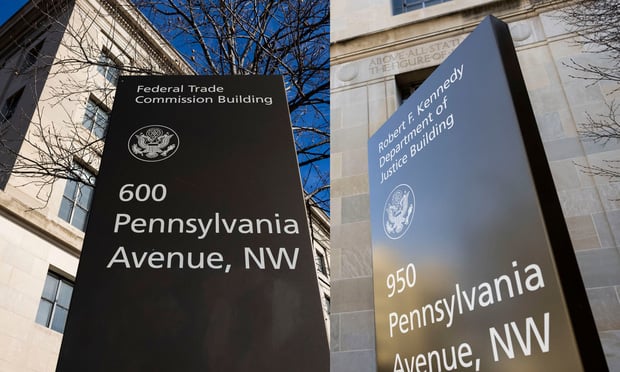The cost of health care may prompt some consumersto accept significant inconvenience, according to new research.
|A 2016 FAIR Health-ORC Survey Report of 1,006 U.S. adults, ages18 and older, the survey provides a nuanced window into consumers'attitudes and practices related to those areas.
|The research was supported by the New York State HealthFoundation (NYSHealth), which is dedicated to expand health insurance coverage, increase access tohigh-quality health care services and improve public and communityhealth.
|Related: 10 most catastrophic claims forself-funded employers
The research indicates that consumers regard health-relatedissues as challenging and complicated. For example, while consumersclearly desire health care value, they may lack the requisiteinformation to make decisions involving health care economics.
|Asked how far they would be willing to travel to see a healthcare provider outside their local area if they could save at least50 percent of the cost of treatment for a serious health condition,57 percent of respondents were willing to travel 50 miles ormore.
|That total included 39 percent who would travel 100 miles ormore. Baby boomers (ages 52 to 70) were nearly as willing asmillennials (ages 18 to 35) to make a trip of 50 miles or more.
|Related: Health care a greater concern among moreconservative investors
|Yet, when asked how many hours a year they would spend, or havespent, researching various topics, consumers indicated that theyspent more time researching a vacation (24.7 hours) than health ordental coverage (23.5 hours) or the choice of a doctor or dentist(19.5 hours).
|The survey notes that may be due, in part, to a lack ofunderstandable, accessible information on health care pricingcomparable to the abundant commercial information available onvacations.
|Contrary to the common belief that men tend to ignore symptomsand delay seeking health care, the survey also found that menreported spending twice as many hours per year (40.8 hours) aswomen (20.5 hours) researching health symptoms, diagnoses andtreatments.
|Asked to name their most trusted source for information onhealth care costs, respondents were divided in their answers. But,24 percent selected health care nonprofits as their most trustedsource, just behind the largest group (26 percent), who chosemedical groups or hospital organizations.
|The infographic below provides additional highlights from theFair Health-ORC survey. (Click on infographic to enlarge.)
|Related: The wildcard of retirement planning: healthcare expenses
||Complete your profile to continue reading and get FREE access to BenefitsPRO, part of your ALM digital membership.
Your access to unlimited BenefitsPRO content isn’t changing.
Once you are an ALM digital member, you’ll receive:
- Critical BenefitsPRO information including cutting edge post-reform success strategies, access to educational webcasts and videos, resources from industry leaders, and informative Newsletters.
- Exclusive discounts on ALM, BenefitsPRO magazine and BenefitsPRO.com events
- Access to other award-winning ALM websites including ThinkAdvisor.com and Law.com
Already have an account? Sign In
© 2024 ALM Global, LLC, All Rights Reserved. Request academic re-use from www.copyright.com. All other uses, submit a request to [email protected]. For more information visit Asset & Logo Licensing.









